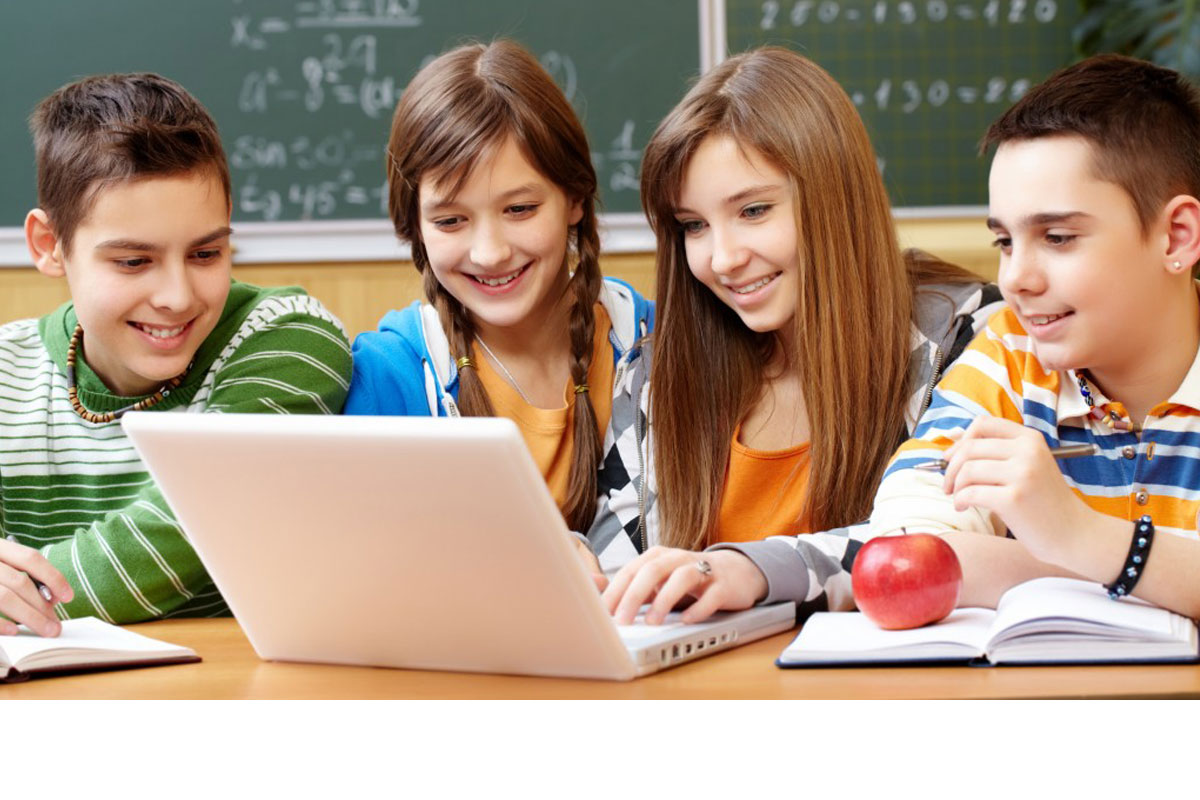Learning is a lifelong process. There are various phases and levels of learning. Rapid technological develpment forces us to face new problems so we are learning even if we are not aware of it.
The abundance of new data we have to deal with can often be discouraging. Successful learning depends on our attitude, willingness and desire to learn. This complex process is made up of creating conditions for learning, selfmotivation, planning, target setting, getting to know and developing new techniques...
A very important condition for applying knowledge is to be able to search, choose, keep and organise information that has been learnt or exists at a level of recognition so it can be activated when needed.
Useful information:
- Knowledge is the result of adopting new facts from a variety of sources in a systematised , logically organised way that can be applied and checked through experience.
- Abilities are an indicator of how successful a person is when performing certain tasks. The abilities depend on some hereditory, anatomical/physiological and neurophysiological factors. Information about the general intellectual efficiency (IQ) and specific abilities are valuable when making important decisions and devising a plan of learning. It is possible to enhance our abilities (to a point) through practising.
- Skills are acquired by learning and practising. Skilled people can perform certain tasks very quickly, effortlessly and with precision. There is a variety of skills to enhance mental activities, sensitivity of our senses and the organs we use for movement.
- Habbits are acquired activities created and maintained by a regular repetition and practice. The stronger the motivation and corroboration, the stronger is the habbit. Habbits can become weaker or disappear altogether if the punishment is introduced.
 Psychological Circles
Psychological Circles 